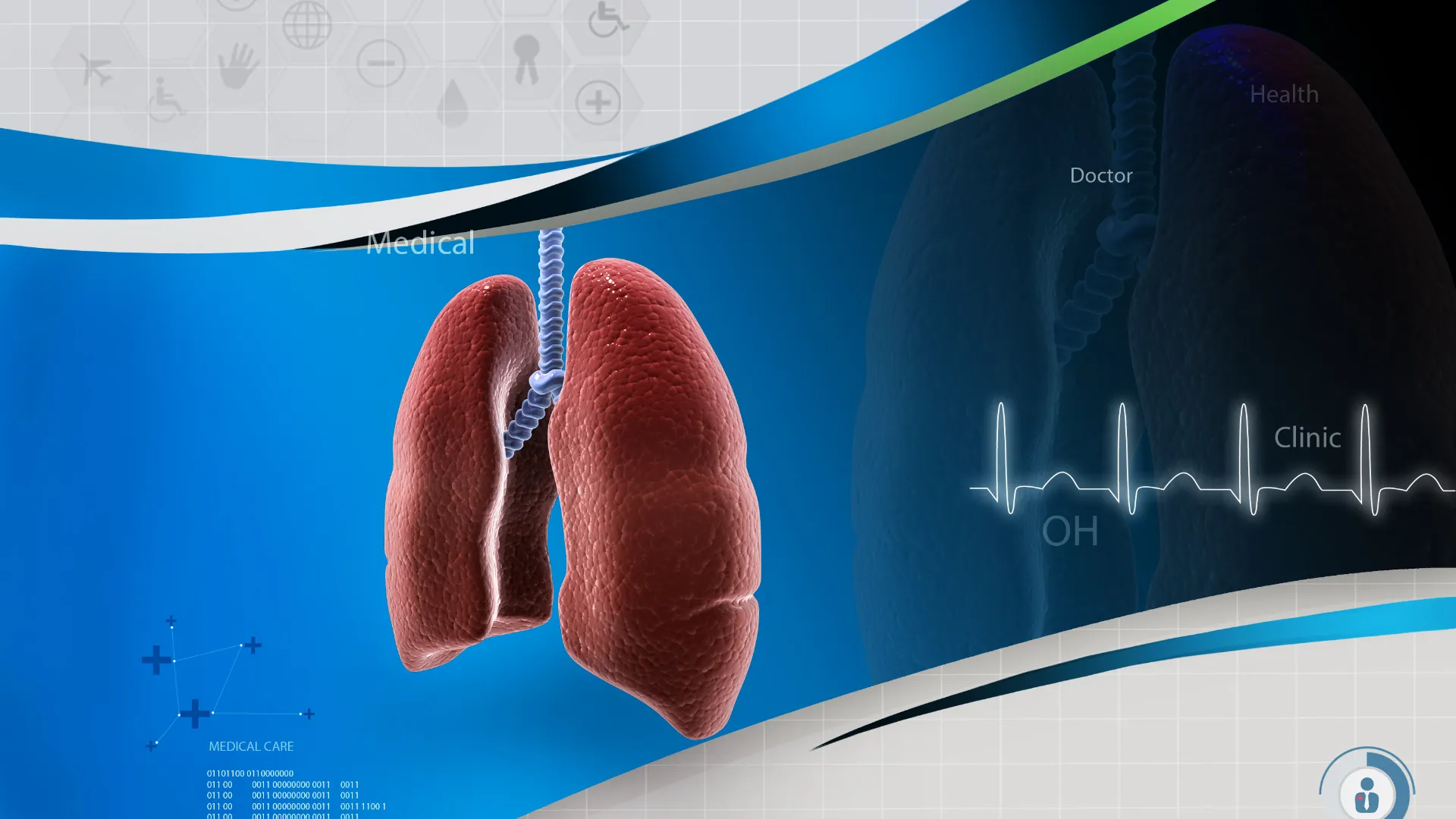Eligibility for experimental mesothelioma treatments can vary based on several factors, including the specific clinical trial, the stage of the disease, the patient’s overall health, and the trial’s inclusion criteria.
Typically, patients diagnosed with mesothelioma who have exhausted standard treatment options or whose condition has not responded well to conventional therapies might be considered for participation in experimental treatments or clinical trials. These trials often have specific criteria outlining who can participate, which may include factors like:
- Stage of Mesothelioma: Some trials may focus on early-stage mesothelioma, while others might target advanced or metastatic stages.
- Previous Treatments: Patients who have undergone standard treatments like surgery, chemotherapy, or radiation therapy and have not responded well or have experienced relapse might be considered for experimental treatments.
- Overall Health: Trials often require participants to meet certain health criteria to ensure their ability to undergo the experimental treatment and withstand any potential side effects.
- Specific Molecular Characteristics: Some trials target patients with specific genetic mutations or molecular characteristics that make them suitable for a particular experimental treatment.
It’s important to note that eligibility criteria for clinical trials can change based on the trial’s protocol and the evolving nature of research. Consulting with a healthcare professional or a specialized oncologist who is familiar with mesothelioma and clinical trial options is crucial for understanding individual eligibility and exploring potential experimental treatments.
